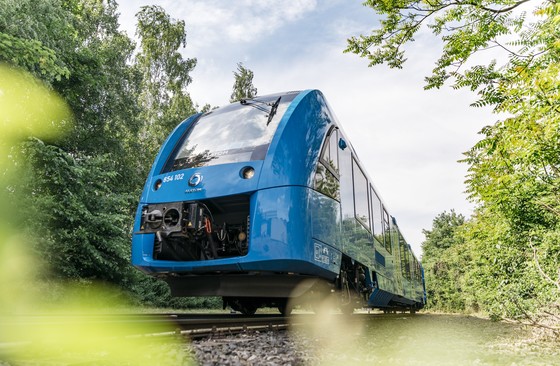Alstom study demonstrates increase in urban rail brings concrete benefits to support Africa’s sustainable future
Alstom study demonstrates increase in urban rail brings concrete benefits to support Africa’s sustainable future
Press contact - Coralie Collet
Coralie Collet
Send an emailAMECA VP Communications, External Affairs & CSR
Dana Salloum
Send an emailEgypt & North Africa Communication Director
Souade Bekhti
Send an emailIf the modal share of urban rail in African cities increases to 10% in 2030 and 20% in 2050 (compared to the baseline scenario of 1% today):
-
1 gigatonne of CO2 emissions in total can be avoided between 2023 and 2050
-
Daily reduction of 8 million cars on African roads in 2030 and 29 million in 2050
-
258 jobs can be created per kilometre of new rail built
14 November 2022 – Alstom, global leader in sustainable and green mobility solutions, released a new study today titled, “The Role of Urban Rail in Sustainable Africa” in collaboration with EY Climate Change and Sustainability Services. As a contribution to the important discussions taking place at the 27th Conference of the Parties (COP27), the study demonstrates how increased investments in urban rail transport in Africa can facilitate the avoidance of substantial carbon emissions and contribute to broader sustainability goals, delivering environmental, social and economic benefits for Africa’s growing cities.
Africa has a fast-growing population and the world’s highest urbanisation rate. The continent’s urban population will increase from 600 million in 2021 to over 1.3 billion in 2050[1]. A key challenge is to ensure that this growth meets the UN’s Sustainable Development Goal 11: Making cities inclusive, safe, resilient and sustainable. This new study shows that for this to happen African cities must advocate to develop more sustainable transport systems, both to reduce carbon emissions and to foster inclusive socio-economic growth.

“With COP27’s focus on implementation, Alstom commissioned this study with EY Climate Change and Sustainability Services to highlight the many benefits that increased investment in urban public transport can bring to Africa’s cities and support their sustainable growth.”
“With COP27’s focus on implementation, Alstom commissioned this study with EY Climate Change and Sustainability Services to highlight the many benefits that increased investment in urban public transport can bring to Africa’s cities and support their sustainable growth. It is indeed demonstrated that every increase in a modal shift to rail transport will bring better access to socio-economic opportunities, reduced congestion, increased safety, and improved air quality on top of decarbonisation,” stated Cécile Texier, Vice President CSR and Sustainability, Alstom Group.
According to the International Energy Agency, passenger rail’s modal share has stagnated globally at around 6-7% for a decade and must grow by more than 40% in the next decade for transport to remain on track to meet net zero. This study, therefore, highlights the benefits that can be realised if the modal share of urban rail in African cities increases to 10% in 2030 and 20% in 2050 (compared to the baseline scenario of 1% today). A cumulative total of 1,005 million tonnes (Mt) of CO2 (1 gigatonne [GT] of CO2) could be avoided between 2023 and 2050 in this scenario, compared to the status quo. This is equal to 32% of Africa’s total GHG emissions in 2019. One hundred and seventy-three million additional tonnes of CO2 would be avoided between 2023 and 2050 if urban rail systems were fully powered with renewable energy.
Investing further in urban rail would bring proportional social and economic benefits leading to safer, healthier, and more inclusive cities. By increasing the modal share of rail to 20% by 2050, 29 million cars would be removed from Africa’s roads each day, leading to a significant decrease in congestion, road accidents and air pollution. Urban rail is more affordable and more accessible than cars and unofficial transport systems, giving passengers easier access to jobs and key services such as education and health. This shift from road to rail could also support job creation related to construction and operations and maintenance in Africa estimated at about 258 jobs per kilometre of new rail built. For example, a 60-kilometre urban project would create over 15,000 direct jobs.
The study also highlights the benefits brought by Cairo’s long-term commitment to public transport. “With COP27 in Egypt, it is an opportunity to highlight that Egypt was the first country in Africa to open a metro line in 1987 and have 3 operational metro lines, 2 additional metro lines planned and 2 monorail lines under construction. The additional metro and monorail lines alone, will allow the city to avoid a cumulative 35 Mt of CO2 emissions between 2023 and 2050, equal to 10% of Egypt’s total GHG emissions in 2019. Additionally, it provides the city with other social and economic advantages such as the reduction of 595,000 cars every day and a sharp reduction in congestion, estimated to cost Egypt USD 8 billion each year, savings that could be reinvested in green and digital mobility solutions,” concluded Andrew DeLeone, President Alstom Africa, Middle East, and Central Asia.
Alstom is a member of a number of organisations and initiatives working towards a greener future including: Transport Decarbonisation Alliance, European Clean Hydrogen Alliance, UNIFE - The European Rail Supply Industry Association, UITP – International Association of Public Transport, ITF - International Transport Forum, Hydrogen Council, Hydrogen Europe, Europe's Rail, United Nations Global Compact and SLOCAT Partnership on Sustainable, Low Carbon Transport among others.
[1] United Nations Population Division’s World Urbanization Prospects: 2018 Revision


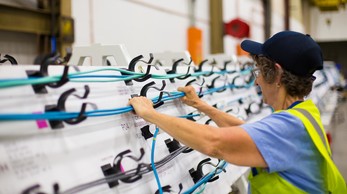
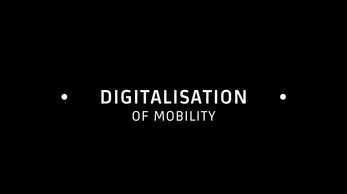
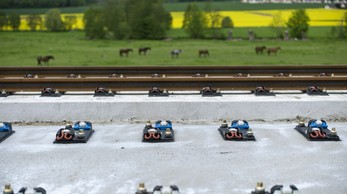
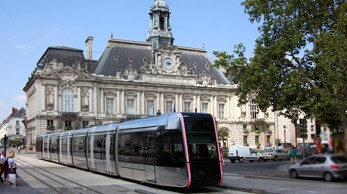
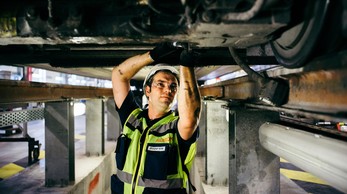
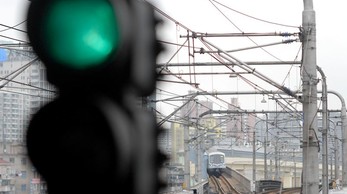
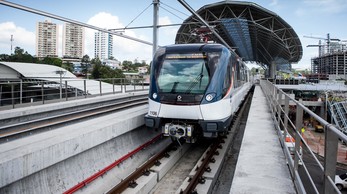
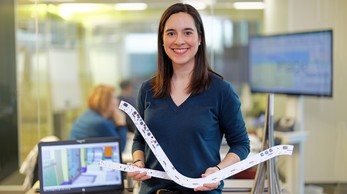




.jpg?h=e5565190&itok=lQEm7haf)
